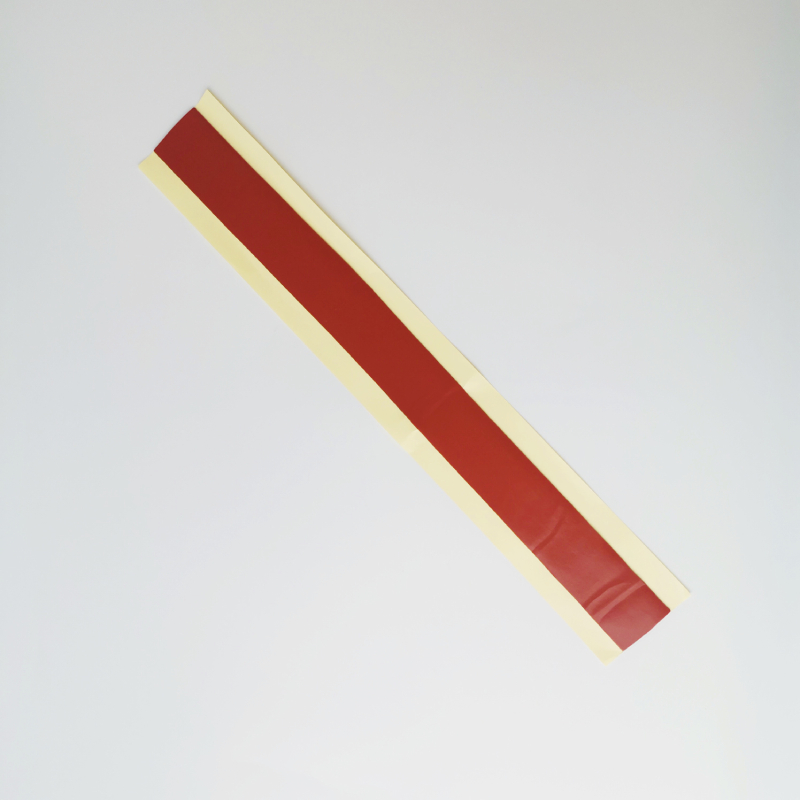Understanding Different Types of Insulation Tape
Insulation tape plays a crucial role in electrical and mechanical applications, providing a protective barrier against moisture, dust, and other environmental factors. With various types available on the market, it’s important to choose the appropriate one for your specific needs. In this article, we’ll explore the different types of insulation tape and their unique characteristics.
1. Vinyl Electrical Tape
Vinyl electrical tape is among the most commonly used types of insulation tape. It is made from a flexible vinyl material, which makes it easy to handle and apply. This type of tape is not only resistant to electricity but also offers good durability and weather resistance. Vinyl tape is ideal for insulating electrical wires and connections, protecting them from moisture and corrosion. Additionally, it is available in various colors, allowing for easy color-coding of wires.
2. Rubber Insulation Tape
Rubber insulation tape is known for its superior conformability and adhesive properties. Made from a layer of rubber, this tape is capable of providing excellent insulation in high-voltage applications. It’s particularly useful in environments where heat and moisture are a concern. Rubber insulation tape can be used to wrap cables, wires, and other electrical components effectively. Because it can stretch and adhere tightly, it creates a reliable shield against electrical leakage.
PTFE tape, commonly known as Teflon tape, is primarily used for sealing and insulating threaded connections in plumbing and gas applications. While it does not provide the same level of coating for electrical insulation, Teflon is known for its chemical resistance and non-stick properties. In addition to plumbing, it has uses in insulating electrical components, particularly in high-temperature environments. Teflon tape is white and typically used in conjunction with other sealing methods.
insulation tape types

4. Silicone Insulation Tape
Silicone insulation tape, or self-fusing tape, is a unique type of tape that fuses to itself when wrapped around an object. It does not have a sticky surface, which allows it to create a durable, waterproof seal when applied. Silicone tape is exceptional for high-temperature applications, making it ideal for automotive repairs and electrical insulation in appliances. Its versatility allows it to be used in various settings, including marine and aerospace industries.
5. Fiberglass Insulation Tape
Fiberglass insulation tape is specifically designed for high-temperature applications. Made from a fiberglass material, it offers excellent heat resistance, making it suitable for use in environments where traditional tapes might fail. This type of tape is often used in industrial settings, specifically for thermal insulation in pipes and electrical components. Fiberglass tape can be used both for insulation and for enhancing structural support in high-heat environments.
6. Self-Adhesive Insulation Tape
Self-adhesive insulation tape is designed for quick and easy application, with a strong adhesive backing that allows it to stick firmly to most surfaces. This type is often used in a variety of applications, from electrical insulation to securing and bundling wires and cables. It is essential for temporary fixes and is popular among DIY enthusiasts for its ease of use.
Conclusion
Insulation tape is an essential component in both electrical and mechanical applications, providing insulation and protection against various elements. Understanding the different types of insulation tape available can help you make informed choices based on your specific needs. Whether you require high-temperature resistance, moisture protection, or ease of application, there is a suitable insulation tape for every task. Selecting the right type not only ensures safety and efficiency but also extends the lifespan of the materials being insulated. Always consider the environment, voltage, and the type of insulation required when choosing your tape for the best results.
-
XIANGFAN Rubber Tape-Ultimate Solutions for All Your Insulation NeedsNewsJun.24,2025
-
XIANGFAN Rubber Tape-Protection for Industrial and Residential ApplicationsNewsJun.24,2025
-
XIANGFAN Rubber Tape: Superior Safety and Sealing for Demanding EnvironmentsNewsJun.24,2025
-
XIANGFAN Rubber Tape: Reliable Solutions for Every Electrical ChallengeNewsJun.24,2025
-
XIANGFAN Electrical & Industrial Tape: Powering Reliability Across IndustriesNewsJun.24,2025
-
XIANGFAN Electrical & Industrial Tape: Excellence in Every ApplicationNewsJun.24,2025
